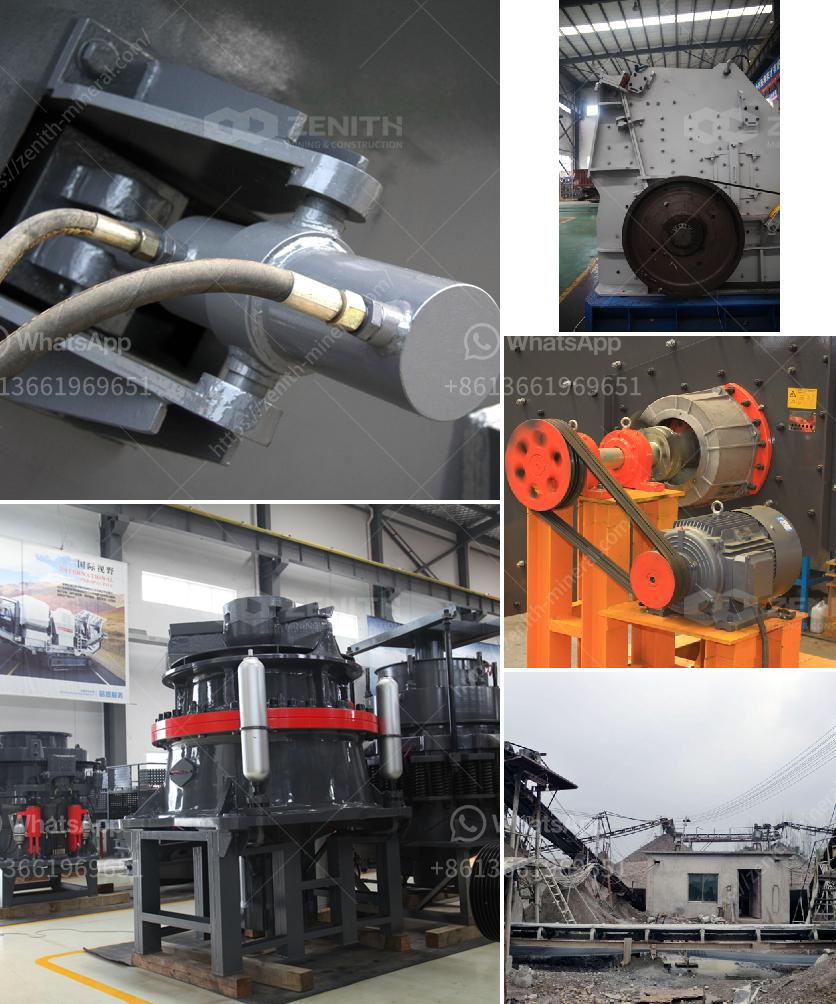Choosing a crusher for a coal preparation plant involves several important considerations to ensure that the selected equipment meets the specific requirements of the operation. Here are the key factors to consider in great detail:
1. Type of Coal
- Hardness and Abrasiveness: The hardness and abrasiveness of the coal will determine the type of crusher that is most suitable. For example, harder coals may require a more robust crusher, such as a jaw crusher or a gyratory crusher, while softer coals can be processed with impact crushers or hammer mills.
- Moisture Content: High moisture content in coal can cause clogging and operational issues in some types of crushers. Therefore, the moisture content should be considered when selecting a crusher.
2. Capacity Requirements
- Throughput: The required throughput, or the amount of coal that needs to be processed per hour, is a critical factor. Crushers come in various sizes and capacities, so it is essential to choose one that can handle the desired throughput without causing bottlenecks in the production process.
- Feed Size: The size of the coal feed entering the crusher is another important consideration. Crushers have specific feed size limitations, and exceeding these limits can lead to reduced efficiency and increased wear and tear.
3. Output Size
- Product Size: The desired size of the crushed coal product will influence the choice of crusher. Different crushers produce different sizes and shapes of the final product. For example, a jaw crusher typically produces a more uniform and cubical product, while an impact crusher may produce a more varied particle size distribution.
- Adjustability: Some crushers offer adjustable settings that allow operators to change the output size as needed. This flexibility can be beneficial in a coal preparation plant where different sizes of coal may be required for various applications.
4. Operational Considerations
- Ease of Maintenance: Crushers require regular maintenance to ensure optimal performance. Choosing a crusher that is easy to maintain and has readily available spare parts can reduce downtime and maintenance costs.
- Energy Efficiency: Energy consumption is a significant operational cost in coal preparation plants. Selecting an energy-efficient crusher can help reduce overall operating costs.
- Reliability and Durability: The crusher should be reliable and durable to withstand the harsh conditions of a coal preparation plant. This includes resistance to wear and tear, as well as the ability to handle the abrasive nature of coal.
5. Environmental and Safety Considerations
- Dust and Noise Control: Crushers can generate significant amounts of dust and noise, which can be harmful to workers and the environment. Choosing a crusher with effective dust and noise control features can help mitigate these issues.
- Safety Features: Ensuring that the crusher has adequate safety features, such as emergency stop buttons and protective guards, is crucial to prevent accidents and injuries.
6. Cost Considerations
- Initial Investment: The cost of the crusher itself is an important factor. It is essential to balance the initial investment with the expected performance and longevity of the equipment.
- Operating Costs: In addition to the initial purchase price, consider the ongoing operating costs, including energy consumption, maintenance, and spare parts.
7. Vendor Support and Service
- Technical Support: Having access to technical support from the crusher manufacturer can be invaluable, especially during the installation and commissioning phases.
- Training: Some manufacturers offer training programs for operators and maintenance personnel, which can help ensure that the crusher is used and maintained correctly.
Conclusion
Choosing the right crusher for a coal preparation plant involves a comprehensive evaluation of the coal characteristics, capacity requirements, desired output size, operational considerations, environmental and safety factors, cost considerations, and vendor support. By carefully considering these factors, you can select a crusher that will provide efficient and reliable performance, helping to optimize the overall operation of the coal preparation plant.


